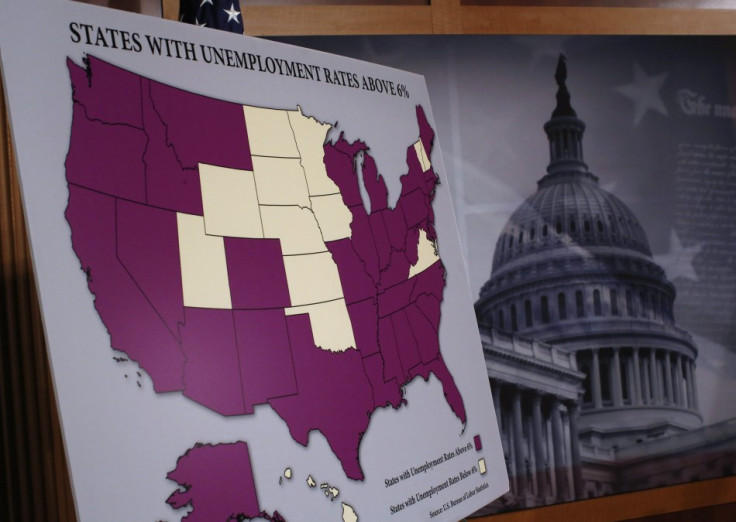US Non-Farm Payrolls Rise by 236,000 in February, Unemployment Rate at 4-Year Low
The job report relates to the period before the sequester

Hiring in the US has picked up in February, lowering the unemployment rate to a four-year low, as the economy is seemingly capable of overcoming the bad effects of higher taxes and steep spending cuts by the government.
The Labour Department said that non-farm payrolls surged 236,000 jobs last month, beating economists' expectations for 165,000 new jobs. In January, the economy added 157,000 jobs.
Further, the unemployment rate fell to 7.7 percent in February, the lowest since December 2008, from 7.9 percent in January, according to official data.
Thursday's report on initial unemployment claims and Wednesday's ADP National Employment Report for February were also above economists' expectations.
In the last three months, employment growth has risen by an average of 195,000 a month, according to the latest data.
Professional and business services hired 73,000 people last month, while the construction industry added 48,000 employees. The health care and the retail sectors added 32,000 jobs and 24,000 jobs, respectively.
The government shed 10,000 jobs in February, primarily in local education. Since their 2009 peak, the public education sector jobs have declined by 340,700.
Further, the number of long-term unemployed, who are out of a job for at least 27 weeks, was stable in February, accounting for about 40 percent of the total unemployed.
The latest job report is related to the period before the sequester, which was signed into effect by President Barack Obama in the previous week. The spending cuts will slash $85bn (£56bn) off the US federal budget in 2013 and are expected to slow US economic growth by 0.5 percent and cost 750,000 jobs.
"While more work remains to be done, today's employment report provides evidence that the recovery that began in mid-2009 is gaining traction," said Alan Krueger, chairman of the Council of Economic advisers.
"The administration continues to urge Congress to move toward a sustainable federal budget in a responsible way; one that balances tax-loophole closing, entitlement reform and sensible spending cuts, while making critical investments in the economy that promote growth and job creation - and protecting our most vulnerable citizens," Krueger added.
© Copyright IBTimes 2025. All rights reserved.






















